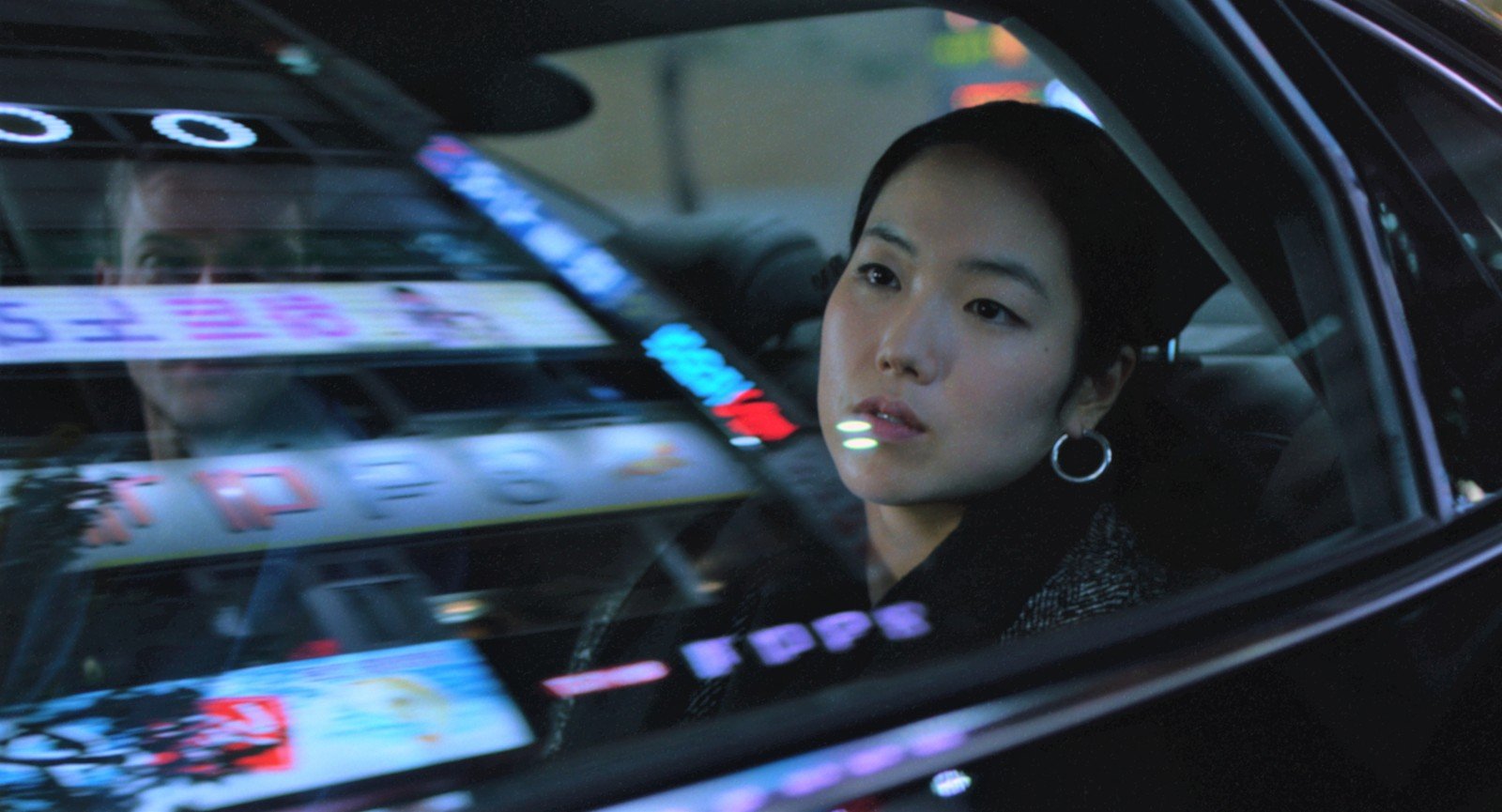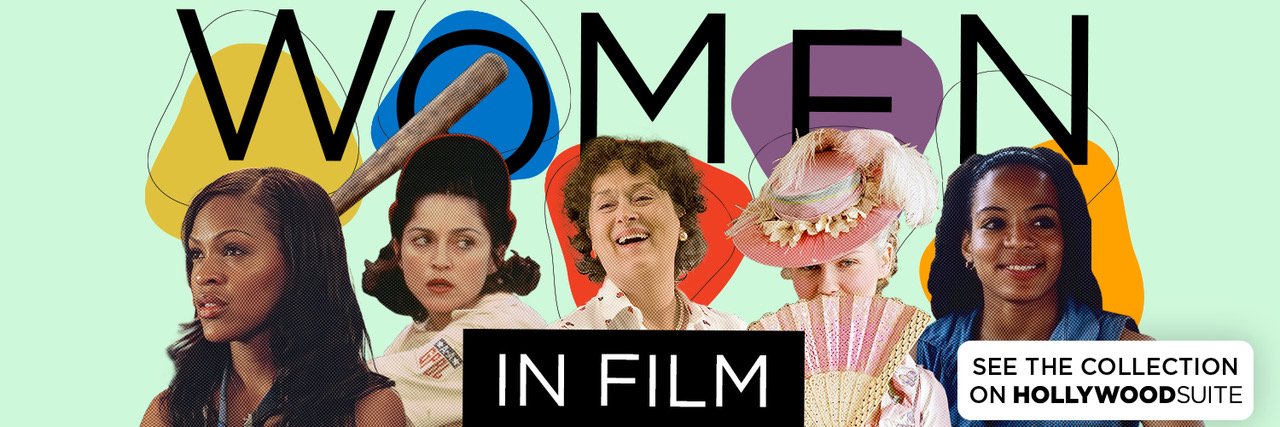Return to Seoul: Riveting Journey of Self-Discovery Powers Compelling Performance
By Karen Gordon
Rating: A
Led by a stunning performance by first-time actor Park Ji-Min and based on a real-life adoptee’s reunion with her biological parents, Return to Seoul is a slow boil, a subtle powerhouse of a movie.
It’s the second feature from French-Cambodian writer-director Davy Chou. Polished, complex, and edgy, the film is a character study of a modern woman whose choices rattle her sense of self.
The film played in the Un Certain Regard program at last year’s Cannes Festival and made the long-list for the Oscars Foreign Language Film category. (It was Cambodia’s official entry to the Oscars). It’s also nominated for an Independent Spirit Awards in the Best International Film Category.
Park plays 25-year-old Freddie, a Parisian who is in Seoul for a two-week vacation. It’s the first time she’s been back since she was adopted as an infant by the French couple who raised her in France.
Freddie is self possessed, confident, open, and impulsive, with a hint of danger around the edges. There’s something both a little bit refined and a little bit punky about her. She’s staying with a woman named Tena (Guka Han) who, like Freddie, speaks French and English. Out at a bar for drinks, Tena not only translates the Korean language but the cultural nuances as well, which Freddie seems to delight in ignoring.
Tena’s friend asks Freddie if she’s going to try and find her biological parents. He explains that most of the adoptions of Korean babies were handled by a well-known agency and they have a process for reuniting adoptive children with the birth parents.
Freddie claims that she had no plans to so, but the next day, she goes. The agency is able to locate both her parents, but only her father (Oh Kwang-Rok) responds, inviting Freddie to come visit on the weekend. The family lives about an hour outside of Seoul.
With Tena along as a translator, Freddie meets her father, and other members of her biological family, including her grandmother and an aunt (Kim Sung-Young) who speaks enough French to also provide a bridge, at least when it comes to language.
For the first time since we’ve met her, Freddie seems a bit thrown by the whole experience.
Freddie’s father expresses a lot of guilt at having to give her up, and his emotional response seems to repel her, at least initially. Meeting with her biological paternal family affects her emotionally in ways she didn’t anticipate.
It’s uncomfortable, but it won’t be the last time they meet.
The film takes place over the course of eight years, needle dropping into points in Freddie’s life: she finds a career, gets into a relationship, spends more time with her birth father and his family, and waits to see if her biological mother will respond to the agency and agree to meet her.
Chou’s script isn’t overly concerned with the filling in background details of some of the people who show up in her life.
For instance, the relationship with her father is at times strained by what seem to be his aggressive way of relating to her. He drinks too much and reaches out to her when he’s drunk. Was he an alcoholic to begin with? Or did coming face-to-face with the daughter he gave up trigger this phase in his life? The movie doesn’t give us much in the way of background.
But the same is true for Freddie. Chou doesn’t give us much history or context, focusing us on her in the present tense. That puts a lot of pressure on his lead actress Park who, remarkably, has never acted before. It’s hard to overstate how fabulous this performance is.
Freddie seems to be up-front, but she never fully shows her hand, and isn’t completely straightforward. She’s vibrant, alive, often testing people or pushing the limits, approachable but also capable of sudden cruelty.
Ultimately those qualities lead her to situations that affect her own sense of self, bringing out unpredictable emotions. Park gives her an outward playful quality, but as things unfold, we can see that she’s thrown in small subtle ways. Park’s compelling, charismatic presence is what drives the film and makes it hard to shake.
Writer-director Chou based the script on the experience of his friend Laure Badulfle who, like his lead character, was adopted as an infant from Korean and raised in France, and who sought out her biological parents.
Return to Seoul is about adoption, and the kinds of inner questions about self and identity that are suddenly and unexpectedly triggered by connecting with biological parents. In a broader sense, most of us have events and encounters that rattle one’s sense of self and personal identity are universal and relatable.
Those themes aside, what holds our attention in Return to Seoul is this character.
Freddie’s a modern French woman who has had a terrific life, loving parents and who prizes her strength and independence. But humans are complex. By the end of the film, the young woman who opened the door to her past has been changed in ways that the character we met at the beginning of the film could not have anticipated.
Return to Seoul. Written and directed by Davy Chou. Starring Park Ji-Min, Guka Han, and Oh Kwang-Roc. In theatres March 3.



